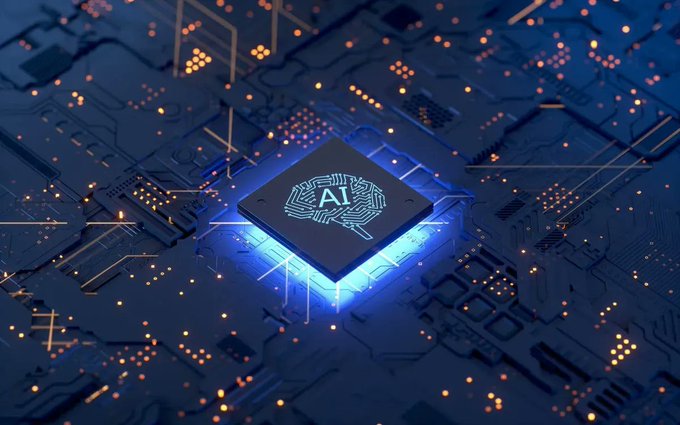I firmly believe that artificial intelligence (AI) has the potential to be among the most disruptive technologies we will ever develop. So why – more than 50 years since the first machine learning research – is its impact still, in many ways, limited?
This is the question at the heart of a new book called Power and Prediction – The Disruptive Economics of Artificial Intelligence, co-authored by Joshua Gans, along with Ajay Agrawal and Avi Goldfarb.
I got the chance to once again catch up with Gans, holder of the Jeffrey S Skoll Chair of Technical Innovation and Entrepreneurship at Toronto’s Rotman School of Management.
The last time I spoke to Joshua, he had just released his first book, Prediction Machines – The Simple Economics of Artificial Intelligence.
Mots-clés : cybersécurité, sécurité informatique, protection des données, menaces cybernétiques, veille cyber, analyse de vulnérabilités, sécurité des réseaux, cyberattaques, conformité RGPD, NIS2, DORA, PCIDSS, DEVSECOPS, eSANTE, intelligence artificielle, IA en cybersécurité, apprentissage automatique, deep learning, algorithmes de sécurité, détection des anomalies, systèmes intelligents, automatisation de la sécurité, IA pour la prévention des cyberattaques.






